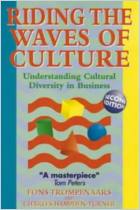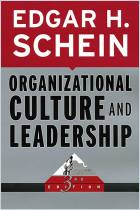
Read or listen offline
Recommendation
Don’t be put off by this book’s daunting terminology. Beneath the author’s unrestrained use of labels like universalism, particularism, individualism, communitarianism, specificity and diffuseness, lies an insightful analysis of cultural differences. After defining various nationalities under a host of polysyllabic headings, authors Charles M. Hampden-Turner and Fons Trompenaars illustrate the differences between them using engaging and easy-to-understand scenarios and stories from popular culture. The end goal of each of these sections is to explain to international business managers how cultural dilemmas can be reconciled. This lively method makes the book informative and interesting, so getAbstract recommends it to any executive who does business across cultures.
Summary
About the Authors
Charles M. Hampden-Turner is a senior research associate at the Judge Institute of Management Studies, Cambridge University. He is a director of research and development. Fons Trompenaars is president of Trompenaars-Hampden-Turner Group, a cross-cultural consulting and training company based in Amsterdam. Hampden-Turner and Trompenaars are co-authors of the Seven Cultures of Capitalism and Riding the Waves of Culture.























Comment on this summary or Diskussion beginnen